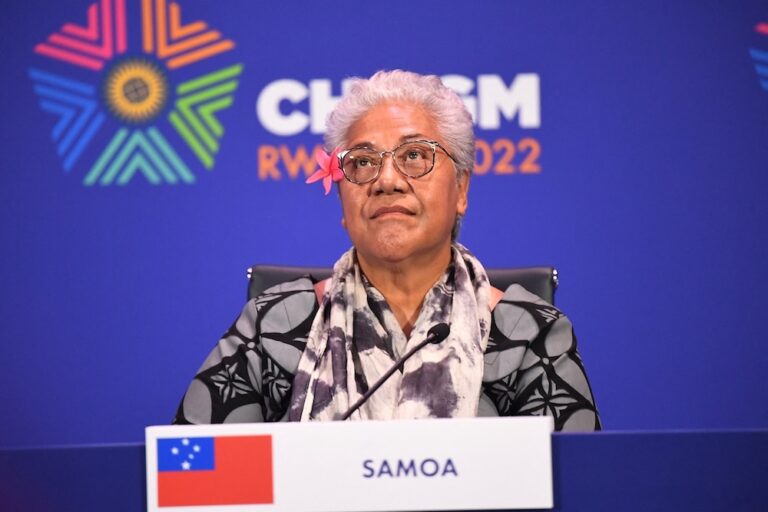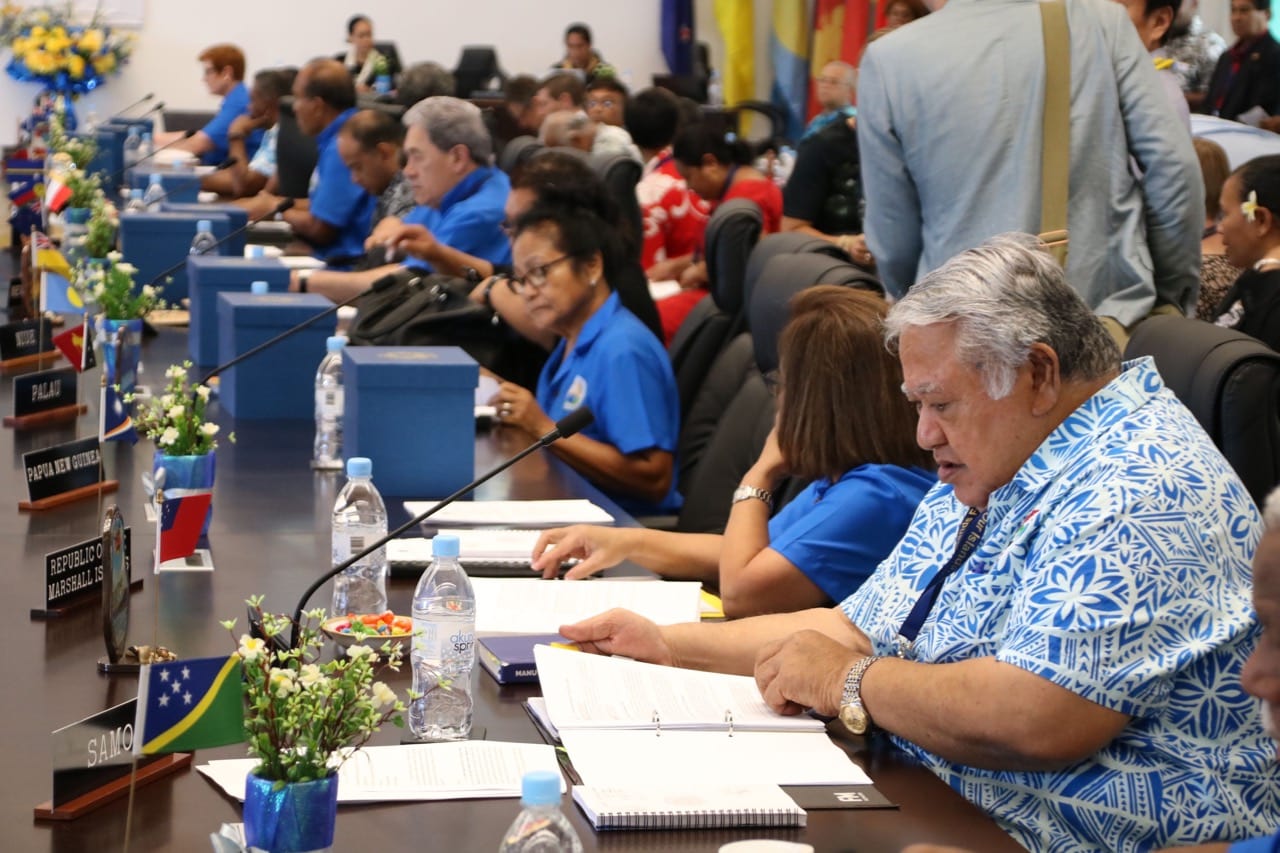(PINA/IFEX) – On 3 August 2000, the Pacnews agency reported that Samoan opposition leader Tuiatua Tupua Tamasese Efi has welcomed a Supreme Court ruling that opposition members be allowed free access to government media. The court found that the late Prime Minister Tofilau Eti Alesana’s administration infringed the rights of freedom of expression of opposition […]
(PINA/IFEX) – On 3 August 2000, the Pacnews agency reported that Samoan opposition leader Tuiatua Tupua Tamasese Efi has welcomed a Supreme Court ruling that opposition members be allowed free access to government media. The court found that the late Prime Minister Tofilau Eti Alesana’s administration infringed the rights of freedom of expression of opposition members of parliament, Pacnews said. Also, the former prime minister restricted Tuiatua’s access to government media outlets, national broadcaster Radio 2AP and the country’s only TV station, Televise Samoa. Tofilau was Minister for Broadcasting throughout most of his time as prime minister. Ill health forced him to resign in 1998 and he died soon thereafter.
Pacnews said that Justice Andrew Wilson ordered that if the opposition leader alleges that government media has not obeyed the ruling, he may apply to the Supreme Court for redress. The court did not find that the current administration of Prime Minister Tuilaepa Sailele Malielegaoi had infringed Tuiatua’s freedom of expression and/or freedom from discrimination, Pacnews reported. But the court asked Prime Minister Tuilaepa to write to heads of state-controlled media to allow access by Tuiatua and members of his party. Justice Andrew Wilson also ordered that any directive banning or restricting Tuiatua or any member of his party access to government media is “void and of no effect,” Pacnews said.
Tuiatua complained in an action heard in the Supreme Court that his fundamental rights of freedom of expression and/or freedom from discrimination had been breached by Tofilau and his successor, Tuilaepa. The court found that under Tuilaepa’s administration, which began late 1998, no ban or restriction had been placed on Tuiatua’s access to Televise Samoa, Radio 2AP or the government’s “Savali” newspaper.


